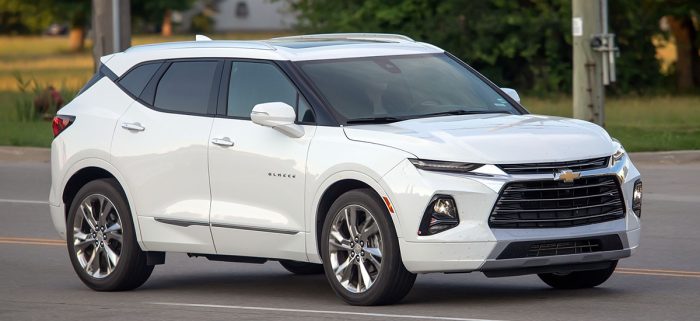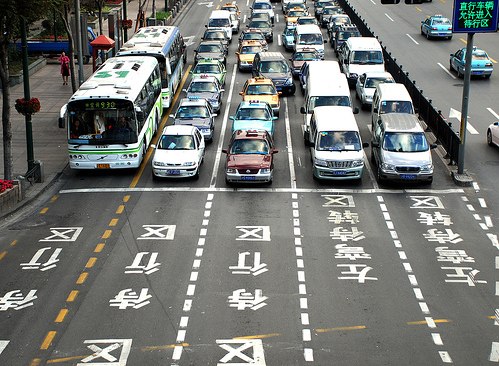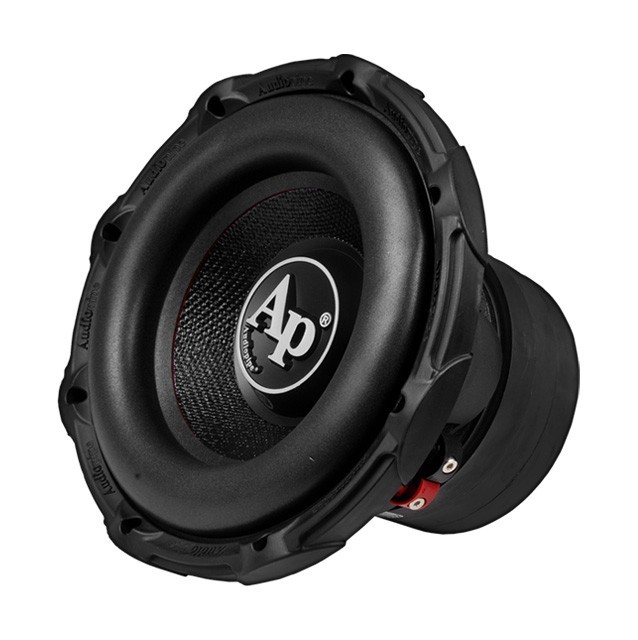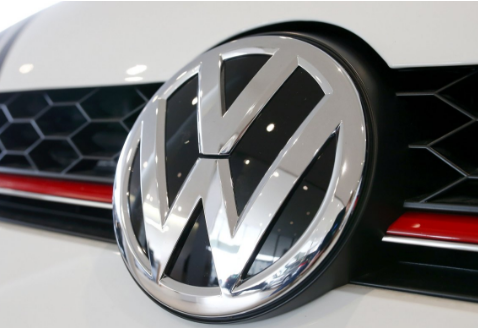Now Reading: Automakers worry as China clamps down on capacity, looks for consolidation
-
01
Automakers worry as China clamps down on capacity, looks for consolidation
Automakers worry as China clamps down on capacity, looks for consolidation
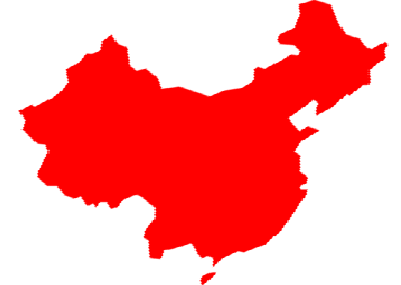
Some automakers in China are cautioned by proposed government restrictions on spending in new manufacturing capacity and the measures in which Beijing is attempting to trigger consolidation of the country’s flabby auto industry from mergers and strategic cooperation.
China’s National Development and Reform Commission, looking to address mounting excess auto manufacturing capacity, looks to restrict ways automakers can invest in new capacity to manufacture conventional gasoline-fueled cars along with electric battery cars, according to a draft of the policy which has made public.
To be permitted to invest in greenfield developments like new factories, automakers would need to have healthy, above-industry-average capacity utilization and R&D investment, and a dedication to green cars and exports, and other conditions.
Industry players are cautioned by the prospects because they say very few automakers are capable of meeting the conditions fully if the proposed policy took effect as drafted.
“It basically means, more or less, no more new factories. The government wants us to use presently idled factories to expand capacity instead,” a China-based executive with a worldwide automaker stated.
The proposed new rules come at a time when some automakers, considerably Toyota Motor, Nissan Motor and Geely are boosting their market share in China and are eager to investment in new capacity.
Stay Informed With the Latest & Most Important News
Previous Post
Next Post
-
![2026 Toyota Hilux EV: A Powerful Truck with Silent Torque]() 012026 Toyota Hilux EV: A Powerful Truck with Silent Torque
012026 Toyota Hilux EV: A Powerful Truck with Silent Torque -
![2027 Mercedes-Benz S-Class Debuts with V8 Engine [Photo Gallery]]() 022027 Mercedes-Benz S-Class Debuts with V8 Engine [Photo Gallery]
022027 Mercedes-Benz S-Class Debuts with V8 Engine [Photo Gallery] -
![The Financial Benefits of Corporate Fuel Cards for Fleet Management]() 03The Financial Benefits of Corporate Fuel Cards for Fleet Management
03The Financial Benefits of Corporate Fuel Cards for Fleet Management -
![What Are the Most Reliable Jaguar F‑Pace Parts to Maintain SUV Safety and Comfort?]() 04What Are the Most Reliable Jaguar F‑Pace Parts to Maintain SUV Safety and Comfort?
04What Are the Most Reliable Jaguar F‑Pace Parts to Maintain SUV Safety and Comfort? -
![Performance Toyota Hilux Clutch Kits: Are They Worth the Investment?]() 05Performance Toyota Hilux Clutch Kits: Are They Worth the Investment?
05Performance Toyota Hilux Clutch Kits: Are They Worth the Investment? -
![What Is the Cheapest Ford Truck? A Guide to Affordable Ford Pickup Options]() 06What Is the Cheapest Ford Truck? A Guide to Affordable Ford Pickup Options
06What Is the Cheapest Ford Truck? A Guide to Affordable Ford Pickup Options -
![Why Pilot House Boats Are a Smart Investment for Year-Round Boating]() 07Why Pilot House Boats Are a Smart Investment for Year-Round Boating
07Why Pilot House Boats Are a Smart Investment for Year-Round Boating

![2027 Mercedes-Benz S-Class Debuts with V8 Engine [Photo Gallery]](https://speedlux.com/wp-content/uploads/2026/01/2027-Mercedes-Benz-S-Class-33-700x394.jpg)










